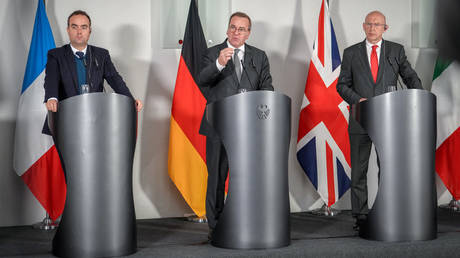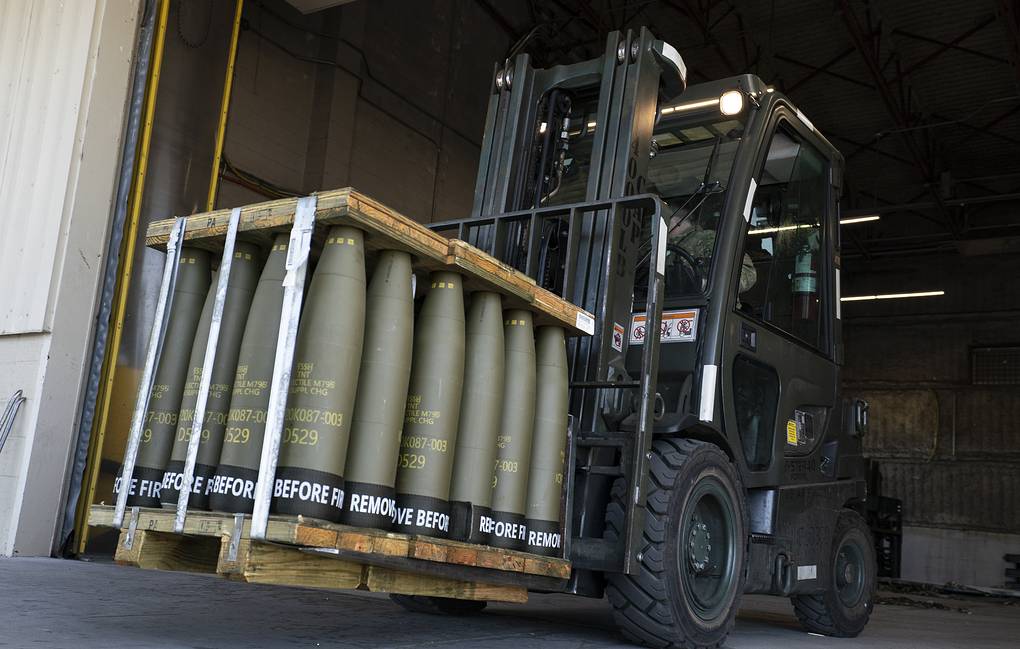ARTICLE AD BOX
BRITAIN’S defiant fish and chip trade laughed off Vladimir Putin’s attempt to ruin the dinner favourite by taking cod off our plates.
The scheming tyrant hoped the UK would be left reeling from the decision to tear up a treaty allowing British trawlers to catch Russian cod.
 East2West
East2West Getty
Getty Getty
Getty
But much to Putin‘s disappointment, the ban won’t batter Britain’s fish and chip trade as UK trawlers don’t cast their nets in the Barents Sea anyway.
Andrew Crook, president of the National Federation of Fish Friers (NFFF) – which represents the UK’s fish and chip industry – shrugged off Putin’s lame attempt to get revenge on the UK.
He told The Sun: “This was just a bit of an attempt by the Russians to look as though they were responding to the sanctions imposed on them by the British Government.
“But the reality is that we do not fish in Russian waters in the Barents Sea.
“There is only one British registered vessel that could do, the Kirkella, but it doesn’t go that far.
“The life cycle of cod is such that the young fish go to that area to grow to it is left alone to grow so there is the biomass required in the future when it returns to the fishing grounds in the Barents Sea.”
A UK Government spokesman added: “The UK has not received any official notification from the Russian Federation on this matter.
“UK vessels do not fish in these Russian waters so this would have no material impact on our fish supplies, including cod or haddock.
“Russia’s continued unilateral withdrawal from a number of international cooperation treaties is symptomatic of its self-inflicted isolation on the world stage as a result of its illegal invasion of Ukraine.”
Putin personally decided to axe the agreement in revenge for the UK handicapping the Russian economy with sanctions over the war in Ukraine and supplying Kyiv with missiles.
It ended a treaty signed by the Soviet Union allowing British vessels to fish in the Barents Sea 68 years ago.
The 71-year-old dictator’s warships could now be used against any trawlers trying to catch cod on Putin’s doorstep in the newly outlawed waters.
Vyacheslav Volodinm speaker of Russia’s poodle parliament, snarled that it was a bid to take Britain’s favourite dinner off the table.
He said: “Putin returned Crimea to Russia, and he will forever go down in history as the president who returned our territory.
“And it’s him again, it’s his decision exclusively: he gave us back our fish.
“Because it was eaten for 68 years by the unscrupulous British.
“They announced sanctions against us, but they themselves make 40 per cent of their diet, their fish menu, from our cod.
“Now let them lose weight, get smarter. Because it is cod and other species of fish, including haddock, that form 40 per cent of their diet. And it’s one of their favourite dishes.
“Now we have returned this favourite dish to them on the initiative of our President.”
Loyalist Volodin, 60, claimed Moscow had been remiss in failing to earlier catch out the British.
He added: “The agreement was made 68 years ago, in 1956.
BATTER OF BRITAIN
“England was simply given it unilaterally and allowed to fish near our shores.
“And what did our country get? And why wasn’t it decided to terminate the treaty earlier?”
MP Roza Chemeris whined: “Over 500,000 tonnes of fish were harvested under this agreement last year alone.”
For almost 70 years, even at the height of the Cold War, Britain vessels have been permitted to fish along the coast of the Kola Peninsula and to east of Cape Kanin Nos as well as around Kolguev Island and other islands.
Moscow said it was taking the steps after Britain excluded Russia from the most favoured nation trading status in March 2023.
Putin’s regime was especially enraged by an additional 35 per cent tariff on the import of certain Russian goods, including copper and vodka.
Britain said this was done to “inflict maximum damage on the Russian economy while minimising negative consequences for the UK”.
The 1956 deal led to a surge in UK fishing in the Barents Sea.
In 1961, UK vessels caught 158,000 tonnes of cod in the Barents Sea.
Nine years later this had risen to 181,000 tonnes, as the Cod Wars led to a cut in catches around Iceland.
Fishing quotas have reduced the size of allowable catches.
 Vyacheslav Volodin lashed out at the UK as he revealed the treaty was being ripped up in Russia’s parliamenteast2west news
Vyacheslav Volodin lashed out at the UK as he revealed the treaty was being ripped up in Russia’s parliamenteast2west news.png)
 9 months ago
8
9 months ago
8








 English (US)
English (US)